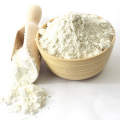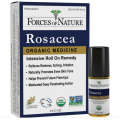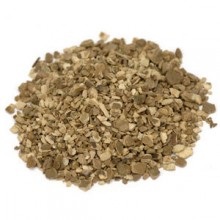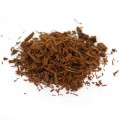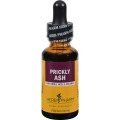 Loading... Please wait...
Loading... Please wait...- Home
- About Us
- Shipping, Returns & FAQ's
- Contact Us
-
For Your Information
- Canadian Customers Have a Choice if Shipping Via UPS
- Aura Cacia Homemade Aromatherapy Recipes
- Bella Nella Altered Art & Paper Crafts Blog
- Forms of Herbal Preparations
- Laundry Tips To Conserve Energy Blog from The Laundress
- The Story of Frontier Natural Products Co-Op
- Sovereign Silver Hydrosol and Aloe Protocol Stops Downward Spiral of Gut Dysbiosis
- Disclaimers
- Recommended Links
- RSS/Recent News
- The Story of Typhoon Housewares
- Reviews/Testimonials
- Raw Ingredients for Mfg
Ash Bark Bulk
Product Description
The ash is a family of approximately 70 species of trees and shrubs, most of which grow in North America. The timber of the ash tree is valued for its beauty and strength. For medicinal purposes, however, the bark of the ash tree has special significance.
Ash bark is used for increasing appetite; promoting the release of digestive juices; and treating bloating, fullness, and other stomach problems. It is also used for blood vessel disorders including hemorrhoids, varicose veins, and leg cramps. Some people use cinchona for mild attacks of influenza, swine flu, the common cold, malaria, and fever.
Other uses are for cancer, mouth and throat diseases, enlarged spleen, and muscle cramps. Cinchona is used in eye lotions to numb pain, kill germs, and as an astringent. Cinchona extract is also applied to the skin for hemorrhoids, stimulating hair growth, and managing varicose veins.
Ash bark is associated with the liver, gallbladder, and large intestine meridians, and has bitter and cold properties. Its two main actions are to reduce heat and resolve dampness, and to clear away liver heat. In modern applications, ash bark is used with other herbs to treat both acute and chronic forms of dysentery and diarrhea, and to reduce swelling and pain.
Ash bark decoctions have been shown to inhibit the activity of several types of bacteria. A decoction of ash bark can also be used as an eyewash to reduce soreness and redness.
Botanical Name: Cinchona Ovata Vulgaris
aka: chincona
Origin: USA
Notes: Kosher Certified. Non-irradiated
Specifications are subject to change without notice.
* FDA disclaimer
You Recently Viewed...
Currency Converter
Choose a currency below to display product prices in the selected currency.




